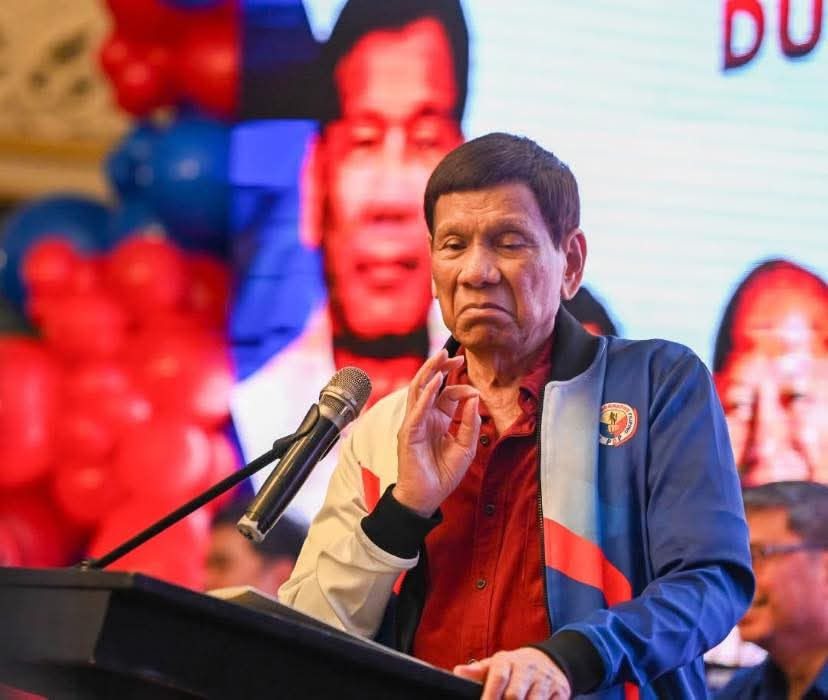Philippine President Rodrigo Duterte Arrested as ICC Warrant Executed Amid Political Tensions in the Philippines.
Manila:
In a dramatic turn of events, former Philippine President Rodrigo Duterte, just shy of his 80th birthday, was arrested upon his return to Manila from Hong Kong, where he had been rallying support for candidates in the upcoming mid-term election. The arrest followed the execution of a long-awaited warrant from the International Criminal Court (ICC) concerning his role in a violent anti-drug campaign that resulted in thousands of extrajudicial killings.
Duterte, who appeared frail and was walking with a cane, was swiftly taken into custody by Philippine authorities at Manila Airport. He was then moved to a nearby air force base, where a chartered jet was prepared to transport him to The Hague to face charges. His arrest marks a significant chapter in the political downfall of the once-popular president, who had long been a controversial figure both in the Philippines and internationally.
The ICC had initiated an investigation into Duterte’s role in the deaths that occurred during his tenure as mayor of Davao City and president, following his notorious anti-drug policies. While Duterte had withdrawn the Philippines from the ICC’s jurisdiction in 2019, the court insisted it retained authority to investigate crimes committed before the withdrawal.
The arrest comes amid escalating tensions between Duterte’s political faction and the current president, Ferdinand Marcos Jr. Duterte, having previously formed an alliance with the Marcos family, had expected protection from any legal repercussions. However, the alliance began to fracture as Marcos distanced himself from Duterte’s policies, leading to a deeper rift and a shift in political power.
Sara Duterte, the former president’s daughter and current vice president, has expressed strong opposition to the arrest, accusing the government of violating Filipino sovereignty and surrendering her father to foreign powers. This statement, along with Duterte’s popular support in certain regions, suggests that the political fallout from this move may be significant.
As the situation unfolds, all eyes are now on the mid-term elections in May, which could serve as a critical gauge of the political influence of both the Duterte and Marcos families. The arrest of Duterte, while seen as a victory for international accountability, is also deeply tied to the shifting balance of power within the Philippines, with both families vying for control of the nation’s future.


